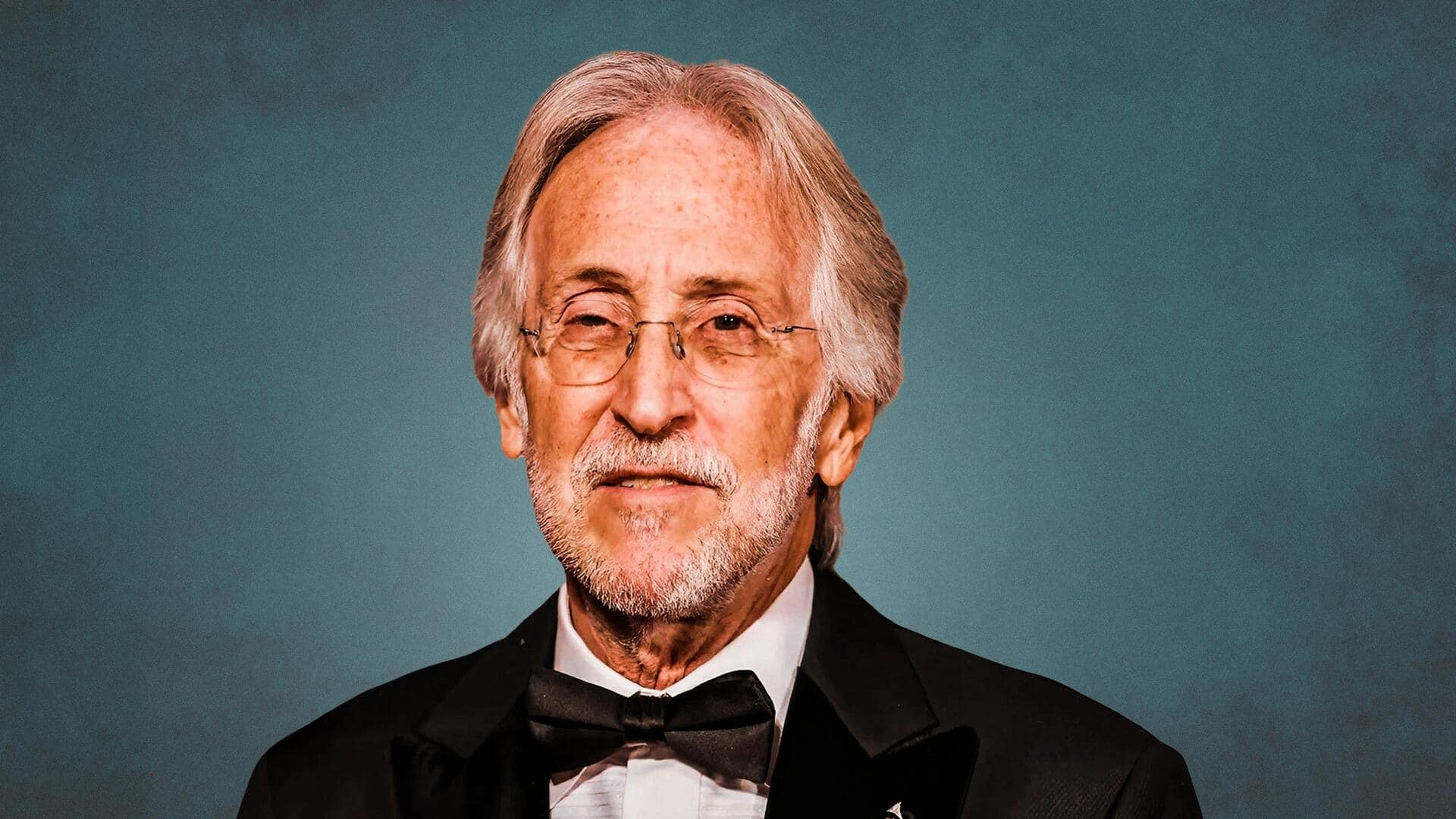
Who's Neil Portnow? Ex-Grammy president sued over sexual assault allegations
What's the story
Neil Portnow, former Grammy Awards CEO, has been accused of sexual battery. A lawsuit has been filed against Portnow by a woman over allegations about an alleged incident that took place in a New York hotel room in 2018. Along with Portnow, the woman has also sued The Recording Academy for negligence. Here's all you need to know about Portnow, and the case.
About Portnow
A look at Portnow's career
Portnow served as the CEO and chairperson of The Recording Academy, which organizes the Grammy Awards each year, for a decade and a half. He was appointed in 2002 and continued to serve the post till 2019. Before being the CEO of the Academy, the American music industry executive served as the vice president of Jive Records and Arista Records's West Coast division.
Honors
Achievements of Portnow, before the sexual assault controversy
Portnow was awarded an Honorary Doctorate of Music from the prestigious Berklee College of Music in 2017. He was also named the Music Visionary of the Year by the UJA-Federation of New York at its annual celebrations in 2014. He's a recipient of George Washington University's Distinguished Alumni Achievement Award and was included in the Variety 500 and Billboard magazine's Power 100 lists.
Details
What's the case about?
A woman, who hasn't been named in reports, filed the lawsuit with Manhattan's Supreme Court under the Adult Survivors Act. Identified as a musician, she claimed she met Portnow in 2018. An interview was set up with him at a New York City hotel. She alleged he made her consume a drink that resulted in losing her consciousness, following which he assaulted her.
Controversy
Portnow stepped down following controversial women should 'step up' comment
Portnow stepped down from his post in 2019 and not without a reason. The year before, Grammy was slammed for a male-dominated ceremony. Addressing the controversy, Portnow had infamously said women should "step up" if they want more Grammy Awards. Meanwhile, his spokesperson has denied all the allegations against him, calling them "completely false," adding that the plaintiff had made "outrageous demands for money."